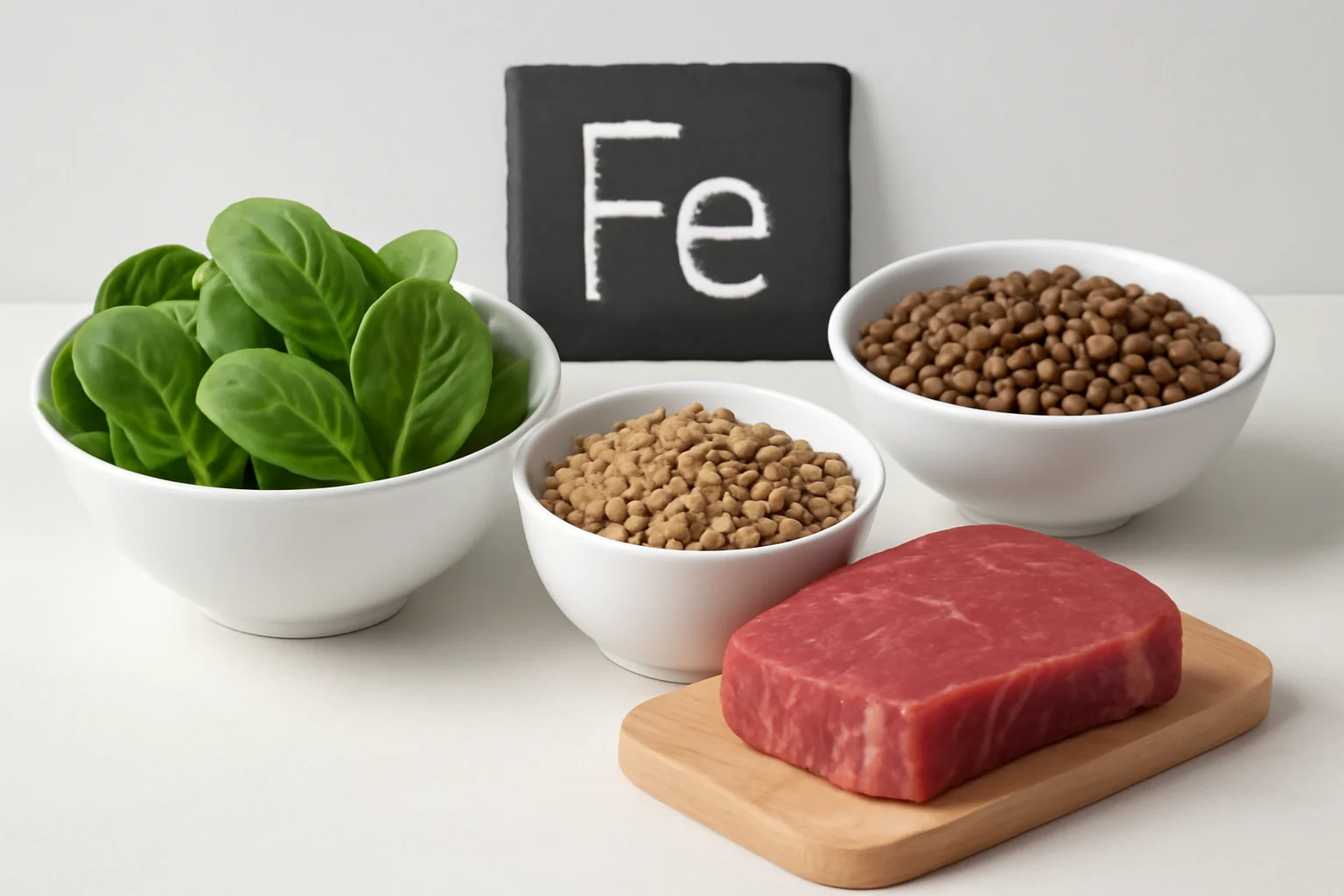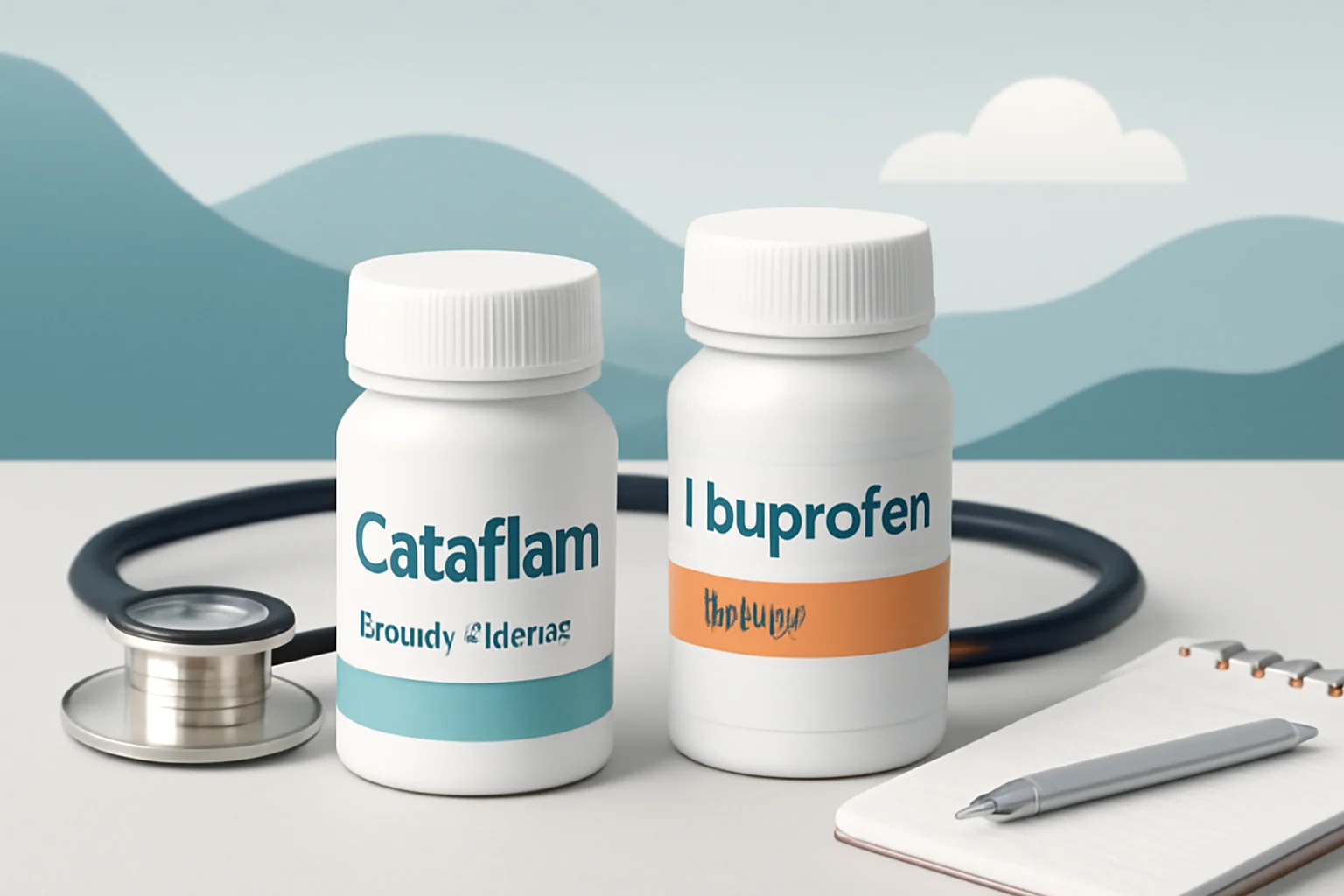
The Importance of Iron Supplementation and Its Best Sources for Maintaining Health
The topic of iron supplementation is becoming increasingly important in modern nutrition and health awareness. Iron deficiency is a widespread issue that affects many people’s lives worldwide, particularly women, children, and athletes. Iron plays a key role in the body’s functioning, as it is essential for the formation of hemoglobin, which transports oxygen in the blood. The consequences of iron deficiency encompass a wide spectrum, ranging from fatigue to cardiovascular problems. People often do not realize how much iron deficiency can impact their daily lives, making it important to consciously pay attention to their nutrition.
Iron supplementation is not just about replacing missing nutrients in the diet; it is also a complex process that includes selecting the right foods, using dietary supplements, and having medical oversight. To increase iron intake, it is beneficial to be aware of which foods are rich in iron and how to enhance iron absorption. Alongside conscious eating, regular medical check-ups are essential to detect iron deficiency in a timely manner. It is important for everyone to understand the processes of iron supplementation, as knowledge is power.
Why is Iron Important for the Body?
Iron is a vital mineral that plays a key role in numerous biological functions. It is primarily necessary for the creation of hemoglobin, the main component of red blood cells. Hemoglobin is responsible for transporting oxygen from the lungs to the rest of the body, making adequate iron intake essential for cells to receive enough oxygen for normal functioning. In cases of iron deficiency, hemoglobin levels decrease, which can lead to anemia, with symptoms including fatigue, weakness, and concentration difficulties.
Iron also participates in the energy production of cells, as it plays a role in the functioning of mitochondria, where energy is produced. Additionally, iron contributes to the proper functioning of the immune system, as it is involved in the formation of white blood cells that are important for fighting infections. Iron also supports the functioning of the nervous system by helping in the production of neurotransmitters such as dopamine and serotonin.
The state of iron deficiency affects not only physical health but also mental health. Numerous studies have shown a correlation between iron deficiency and depression and anxiety, as iron helps maintain appropriate levels of neurotransmitters. Therefore, it is crucial to ensure adequate iron intake in the daily diet, particularly for at-risk groups such as pregnant women, children, and athletes.
Iron Sources in the Diet
One of the best ways to supplement iron is by incorporating rich iron sources into our diet. Iron is found in two main forms in foods: heme and non-heme iron. Heme iron is found in animal products such as red meats, poultry, and fish, and is absorbed more easily by the body. Non-heme iron is found in plant foods such as legumes, leafy green vegetables, nuts, and seeds. Although the absorption of non-heme iron is lower, it can be improved by combining the right foods.
For example, if someone consumes iron-rich plant foods, it is advisable to combine them with foods rich in vitamin C, such as citrus fruits, berries, or bell peppers. Vitamin C aids in the absorption of iron, thus playing a role in reducing the risk of iron deficiency. Legumes such as lentils, chickpeas, and black beans are also excellent sources of iron, and they are rich in fibers and other nutrients as well.
Whole grains like oats, barley, and quinoa also contain iron, but the phytic acid present in them can reduce iron absorption. Soaking, sprouting, or fermenting can help break down phytic acid, improving iron utilization. Leafy green vegetables such as spinach and kale are also good sources, but it is essential to consider that the oxalates they contain can also inhibit iron absorption.
Iron Supplementation in the Form of Supplements
If the diet does not provide enough iron, the use of dietary supplements may be considered. Among the various forms of iron supplements available, the most common are iron sulfate, iron gluconate, and iron fumarate. These forms are absorbed by the body to varying degrees and can cause different side effects, such as gastrointestinal discomfort.
It is important to take iron supplements under medical supervision, as excessive iron intake can also be harmful. Iron overdose can lead to various health issues, such as liver and heart problems, as well as an increased risk of diabetes. During medical examinations, iron levels should always be checked to ensure appropriate supplementation.
The timing of taking iron supplements is also important. It is best to take them on an empty stomach, as stomach acid helps with iron absorption. Consuming a vitamin C-rich drink, such as orange juice, alongside the supplement is also recommended. Doctors typically suggest gradually introducing supplements at the beginning of iron supplementation to minimize side effects.
Symptoms and Diagnosis of Iron Deficiency
Iron deficiency can cause a variety of symptoms that encompass a wide spectrum. The most common symptoms include fatigue, weakness, pallor, dizziness, concentration difficulties, and irritability. In advanced stages of iron deficiency, symptoms may include brittle nails, hair loss, and dry, cracked skin. Iron-deficiency anemia can also put a strain on the heart, leading to rapid heartbeat or shortness of breath.
The diagnosis of iron deficiency occurs during a medical examination, which typically involves a blood test. The blood test checks the levels of hemoglobin, ferritin, and serum iron. Ferritin is the protein responsible for storing iron, so low ferritin levels indicate iron deficiency. Doctors determine the extent of iron deficiency based on the results of the tests and recommend appropriate treatment.
To prevent iron deficiency, it is important to regularly include iron-rich foods in our diet. Additionally, regular medical check-ups are advisable, especially for at-risk groups. Iron supplementation is not only for treating iron deficiency but is also essential for maintaining the healthy functioning of the body.
**Warning:** This article does not constitute medical advice. Always consult your doctor for health issues.

